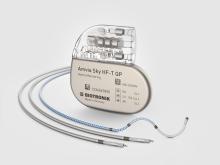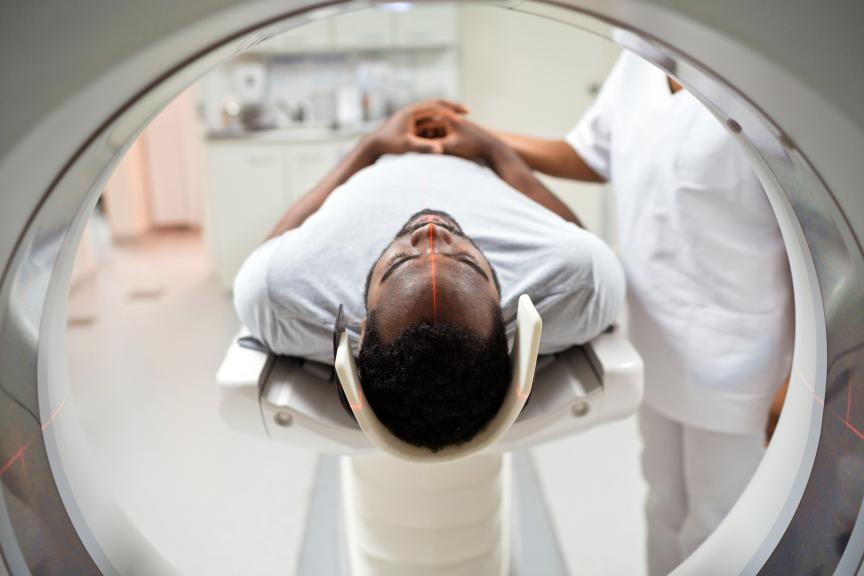Checklists
What shall I do before and after an MRI scan?
Having something metallic in your body doesn't necessarily mean you can't have an MRI scan, but it's important for medical staff carrying out the scan to be aware and to plan ahead. The preparation and performance of an MRI examination in patients with an ICD or pacemaker requires close cooperation between specialists from two specialties: Cardiologists and radiologists. Without the specialized knowledge from your cardiologist, there is a risk the radiologist could delay the scan or turn you away. Seeing your cardiologist ahead of the scheduled MRI scan is therefore essential.


